
Biography is not Destiny
To speak to Hashem, submit to Hi’s authority, and accept with emuna that whatever He does is for the best, a person needs a clear mind, free from transferred human relations...

Last week I wrote about the natural tendency that people have to transfer feelings and experiences from one relationship to another – it’s called transference. Every psychotherapist knows how it feels when a client makes you into his mother or into his father. All of a sudden you feel something really strange happening. The person is talking to you “as if” you said all kinds of things that you never said to them. It’s actually a powerful way that I can learn what it was like for someone in their relationship to their parents – it tells me even more than the description people give me of their parents.
Transference actually lets me feel in a real way directly how they are projecting their parents onto me! On one hand, it’s a gift from Hashem that people transfer their important relationships onto me, because I learn about my client in a deeper way. But I also believe that it’s essential that my clients come to see me for who I actually am and stop confusing me with the people from their past. I assume that if they are mixing me up with their parents, it’s a sure thing that they are mixing up their spouses, or bosses, or even their children with other people too.
If you’ve ever watched a couple having a fight (with this perspective) you can actually see that they aren’t even fighting with each other (or mostly not). Who they’re fighting with are their painful and frustrating parental memories that they project onto each other. Each one is triggering the other’s painful memories of previous relationships that still need to be resolved. Or maybe you’ve had the experience that someone is completely taking you the wrong way and no matter how hard you try to correct their perception you  can’t – that person may not be reacting to you at all but to somebody else who is “in his head.”
can’t – that person may not be reacting to you at all but to somebody else who is “in his head.”
Sometimes when people meet me for the first time I can see that they like me even before they really know who I am, that they trust me even before I’ve “proven” my trustworthiness. Really, why should they believe in me so much? The truth is we’re still perfect strangers and yet you would think these people have known me for years!
The reason often is because they trust Rabbi Shalom Arush so much that they automatically transfer those positive qualities to me. The positive connection that they have with “the teacher” gets transferred to the “student.” Again, it’s sort of inevitable in the beginning, but after a while, I feel it’s important for people to see me for who I really am (and who I’m not) – it’s more real.
So far we’ve seen how transference can play havoc in human relationships, but how does it affect our most important and primary relationship – the one with our Creator? In my work as an emuna coach and therapist, people often tell me about their struggles and frustrations in speaking to G-d. People tell me how much they want a relationship with G-d but how hard it is to speak to Him. They say it’s hard to find time to do hitbodidut (speaking to G-d alone), or they really don’t know what to say when they do speak to Him.
Whenever I hear that someone feels blocked in speaking to G-d I know that there is another person in that person’s head who is interfering with their connecting to G-d. When people’s heads are populated with lots of unhelpful voices from the past they find it hard to be with G-d and to speak openly with Him. People feel frightened that they are going to say “the wrong thing” to G-d because other people told them (or implied) that they were saying the “wrong thing” to them. People who were highly criticized or humiliated or rejected by others when they gave their opinion or expressed their feelings think that G-d is going to do the same thing to them. Some people hear a voice in their minds that tells them that speaking to G-d won’t help them; that G-d doesn’t have time for insignificant people like them. If this ever happens to you, just tell that voice: “Who are YOU that I should listen to your opinion – you’re nothing more than a fantasy, a distortion – you’re not real at all!”
There’s another deeper problem with our transferring the remnants of our troubled human relationships onto our relationship with G-d and that is that G-d is not human! Even a template for healthy relationships with people can only go so far in relating to G-d because G-d is perfect. Do you know any people who are flawless and who are your Master? There might be some who think they are – if so they’ve got big problems.
Let’s face it – G-d is an absolute monarch. We can’t question Him, or complain against Him even when we don’t understand Him or “agree” with what He is doing. We learn from Rabbi Arush that the ultimate best way to relate to G-d is to thank Him for whatever He does even when it doesn’t seem logical to do so. Who would ever even try to do that with a person? We must see that Hashem is our only Master and that whatever He does, we dare not “answer Him back” or voice disagreement with how He is running things. On the contrary we must show Hashem that we agree with whatever He decides is for our ultimate best. This is what your good inclination is constantly seeking to understand on higher and higher levels.
In order to submit to G-d’s authority and accept with emuna that whatever He does is for the best, a person needs to have a clear mind, free from transferred human relations. The main reason that Hashem makes transference phenomena is that He wants us to find Him and grow through clearing up the distortions. Since He is the Truth, we must sort through fantasies and imagination in order to have a more solid connection to him. The evil inclination wants us to be disconnected from Hashem and the Truth. He wants to fill our minds with untruths and manipulate us into thinking badly about ourselves and others. He wants us to be unhappy and to have questions about Hashem. The further away he can get us from having emuna in Hashem the better it is for him.
Remember that a central idea when it comes to emuna is that the past is not the future, that biography is not destiny. People without emuna believe that they are doomed to seeing a lousy past keep repeating itself over and over. That is zero emuna.
Real emuna is the belief that even if the past was lousy, we now accept that it came from Hashem for our very best. We thank Hashem for it, and we go forward with lightness and freedom, unencumbered by past negativity or limitations.


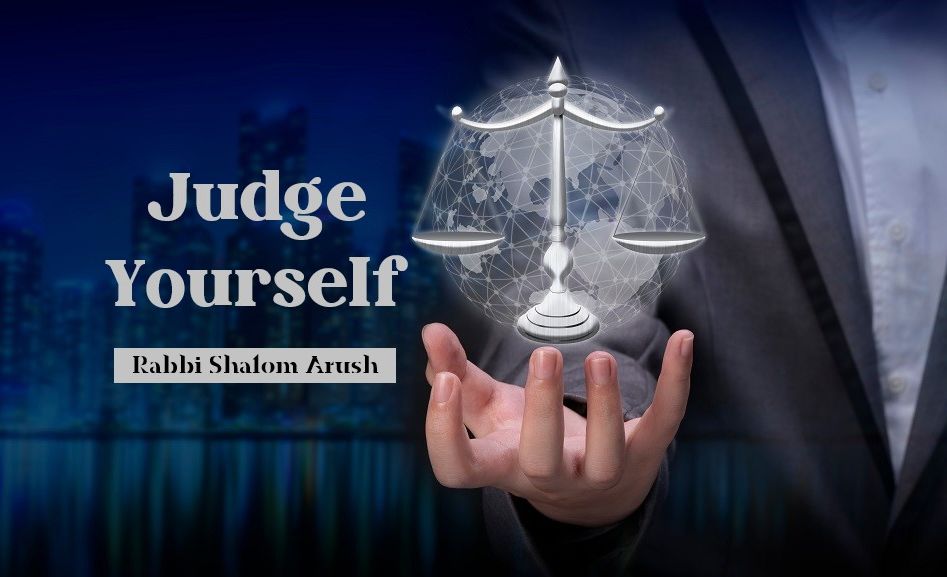
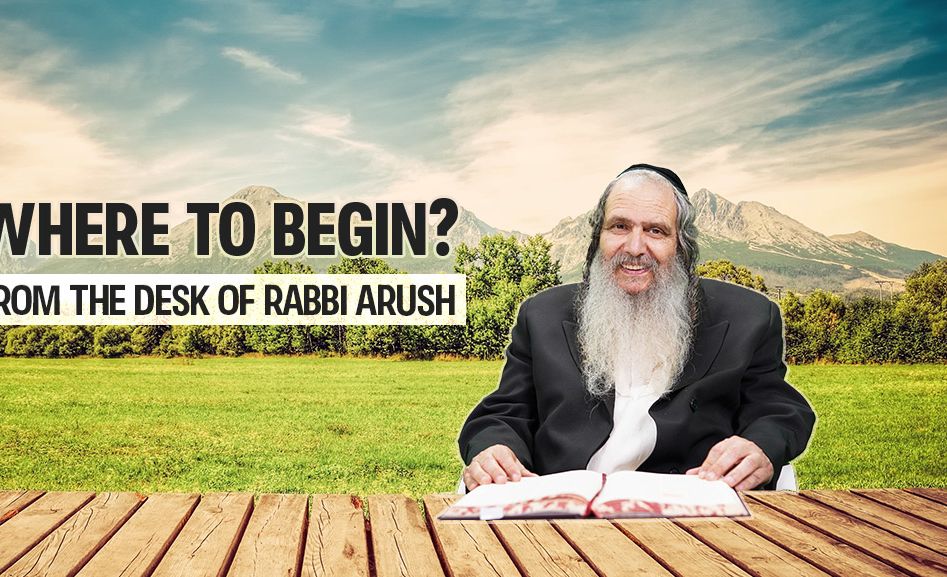
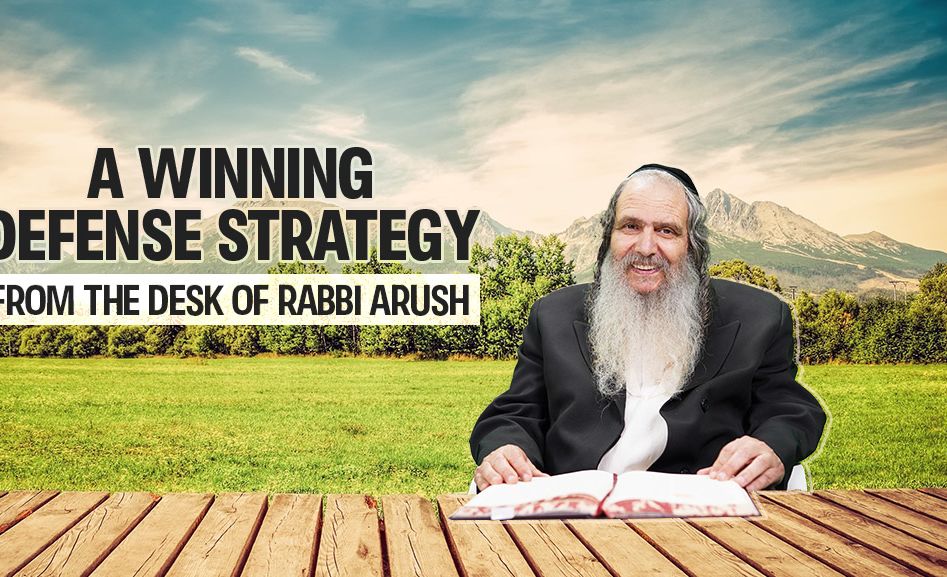
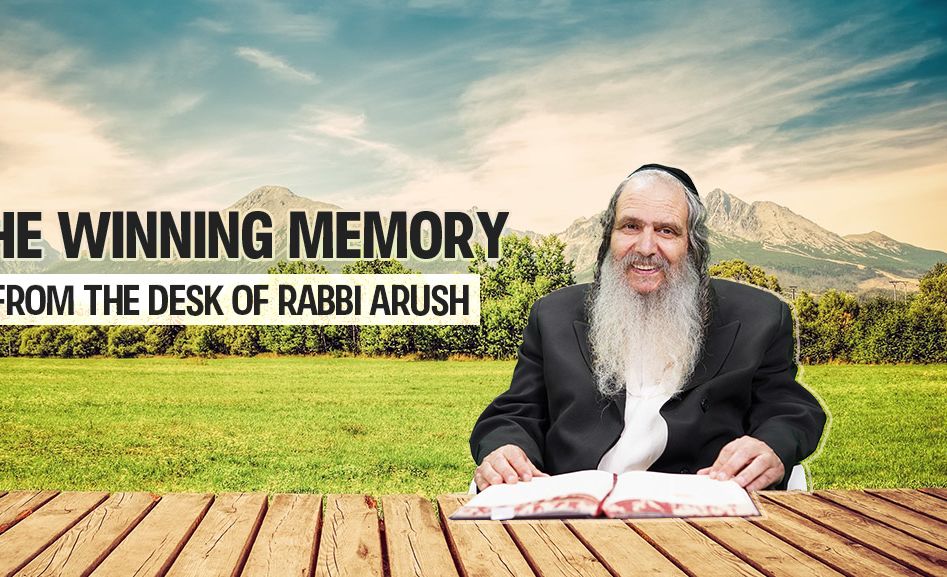

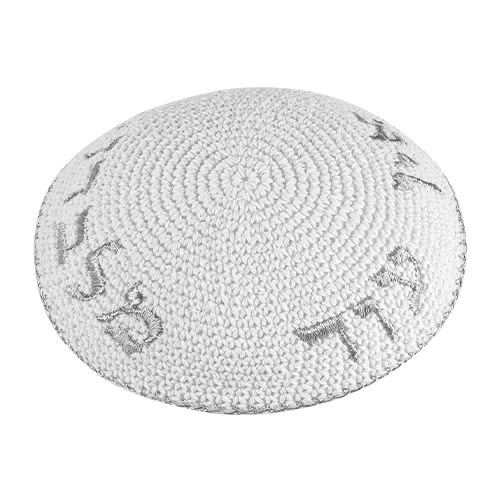


Tell us what you think!
Thank you for your comment!
It will be published after approval by the Editor.